Japan is an amazing travel destination that attracts millions of visitors every year. From the neon lights of Tokyo to the stunning temples of Kyoto, there’s so much to see and experience. But here’s the thing: there are a lot of misconceptions and myths about Japan that can throw you off and prevent you from making the most of your trip. So, in this article, we’re going to bust some of the biggest myths about Japan and give you tips to help you have a fantastic time. By doing so, we want to help you enjoy a more authentic and rewarding travel experience in Japan.
Debunking Myths About Travel to Japan
Myth 1: Japan is too expensive
One of the most common myths about Japan is that it’s too expensive. While it’s true that Japan can be pricier than some other destinations, there are plenty of ways to save money and travel on a budget. In fact, with a bit of research and planning, you can easily find affordable options for accommodation, transportation, and food.
When it comes to accommodation, there are many budget-friendly options available in Japan. Hostels, guesthouses, and capsule hotels are popular choices for travelers on a budget, with prices starting as low as $20 USD per night. Japan’s extensive train and bus networks also offer affordable fares, and you can save even more by purchasing a discount pass such as the Japan Rail Pass. Food in Japan can be quite expensive at high-end restaurants, but there are plenty of affordable options such as convenience stores, street food, and traditional Japanese dishes like ramen and udon that are both tasty and affordable. By seeking out these budget options, you can experience Japan without breaking the bank.

Myth 2: You need to speak Japanese to travel to Japan
While knowing Japanese can certainly enhance your travel experience in Japan, it’s not a requirement. Its one of the common myths. Many travelers worry that they won’t be able to communicate with locals or navigate the country without knowing the language. However, Japan is a highly developed country with many English signs and menus available in popular tourist areas. In fact, many Japanese people are eager to practice their English with visitors. And may even approach you to strike up a conversation.
In addition, there are many translation apps and tools available that can help you communicate with locals and navigate the country. Google Translate and other translation apps can translate text and speech in real-time, making it easier to order food, ask for directions, or have a basic conversation. So while it’s always a good idea to learn some basic Japanese phrases before your trip. You can still have a fantastic time in Japan even if you don’t speak the language.
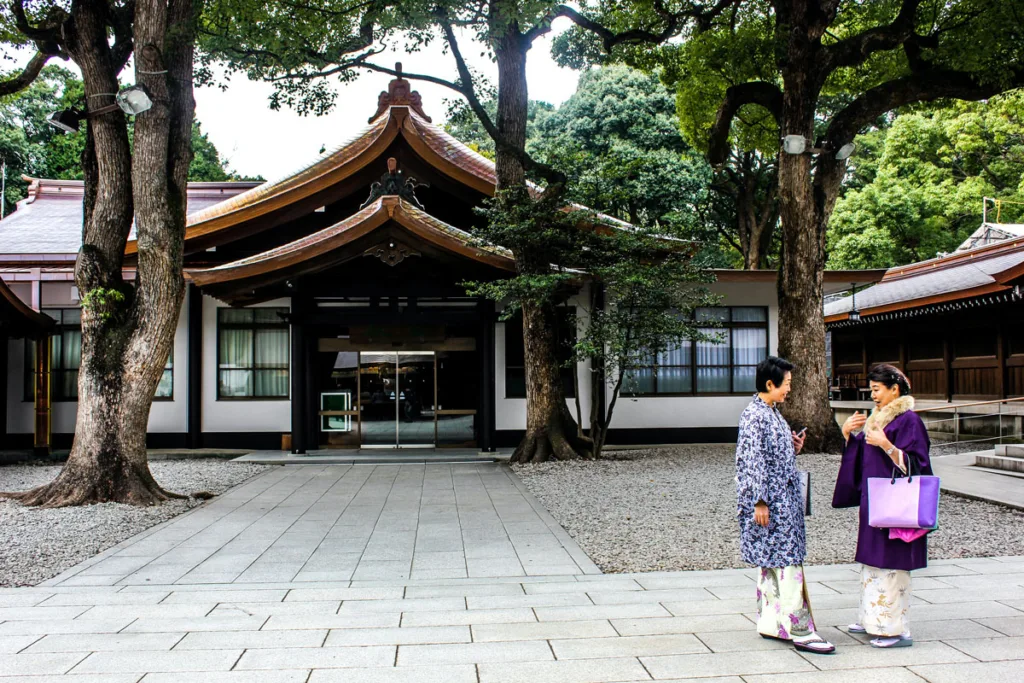
Myth 3: Japan is all about anime and manga
While Japan is certainly popular for its anime and manga culture, it’s important to know that there is much more to the country than just these forms of entertainment. Anime and manga are popular all around the world. And many visitors to Japan are eager to immerse themselves in the otaku culture. However, it’s also important to take the time to explore other aspects of Japanese culture.
One of the best things about traveling to Japan is the opportunity to experience its unique food culture. From sushi and ramen to tempura and wagyu beef, there are so many delicious and diverse dishes to try. Japan is also rich in history, with many ancient temples, shrines, and castles that offer a glimpse into the country’s fascinating past. And let’s not forget about Japan’s beautiful natural landscapes, from the cherry blossom-lined streets of Kyoto to the majestic Mt. Fuji and the stunning beaches of Okinawa. By exploring all of these aspects of Japanese culture, you can have a much more well-rounded and fulfilling travel experience.
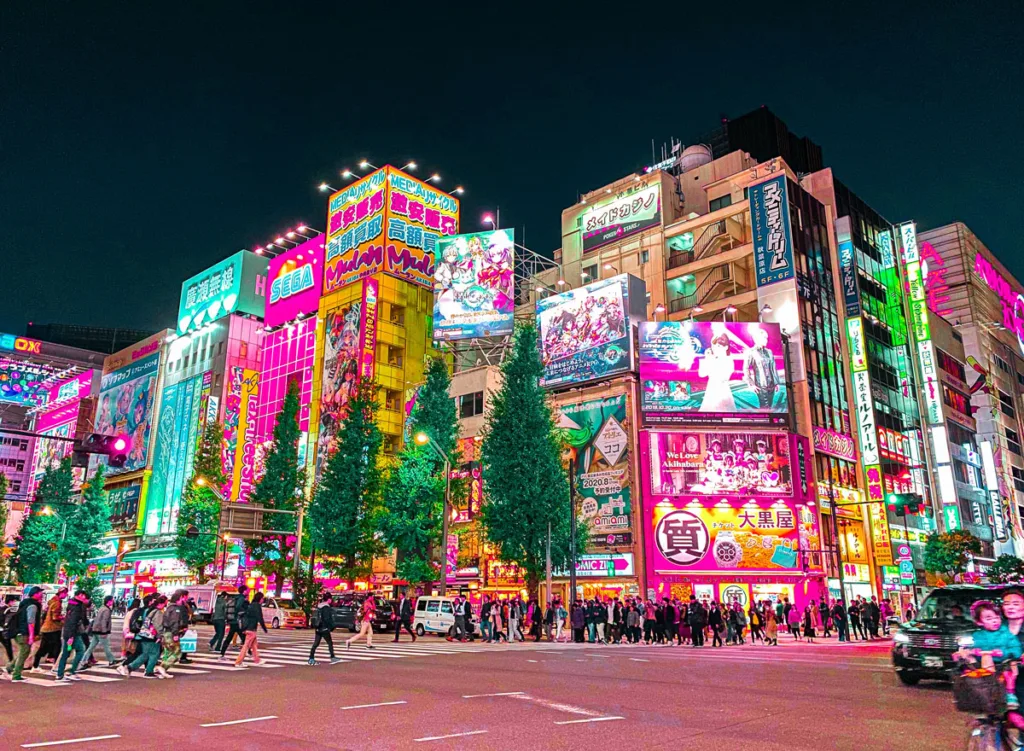
Myth 4: Japan is a homogeneous country
People often think that Japan is a homogenous country, with a population that is largely ethnically and culturally uniform. While Japan does have a strong sense of national identity and culture. It’s important to know that there is actually quite a bit of diversity within the country. For example, there is an indigenous population known as the Ainu people, who have their own distinct language and culture. In addition, there are other ethnic minorities in Japan, such as Koreans, Chinese, and Brazilians, who contribute to the country’s cultural fabric.
While it’s true that Japan is still a largely homogeneous society, there is a growing awareness and acceptance of diversity, particularly in urban areas. Tokyo, for example, is a highly multicultural city with many expats and foreign residents. And it’s common to hear languages other than Japanese spoken on the streets. As Japan continues to modernize and globalize, it’s likely that we’ll see even more diversity and multiculturalism in the country.
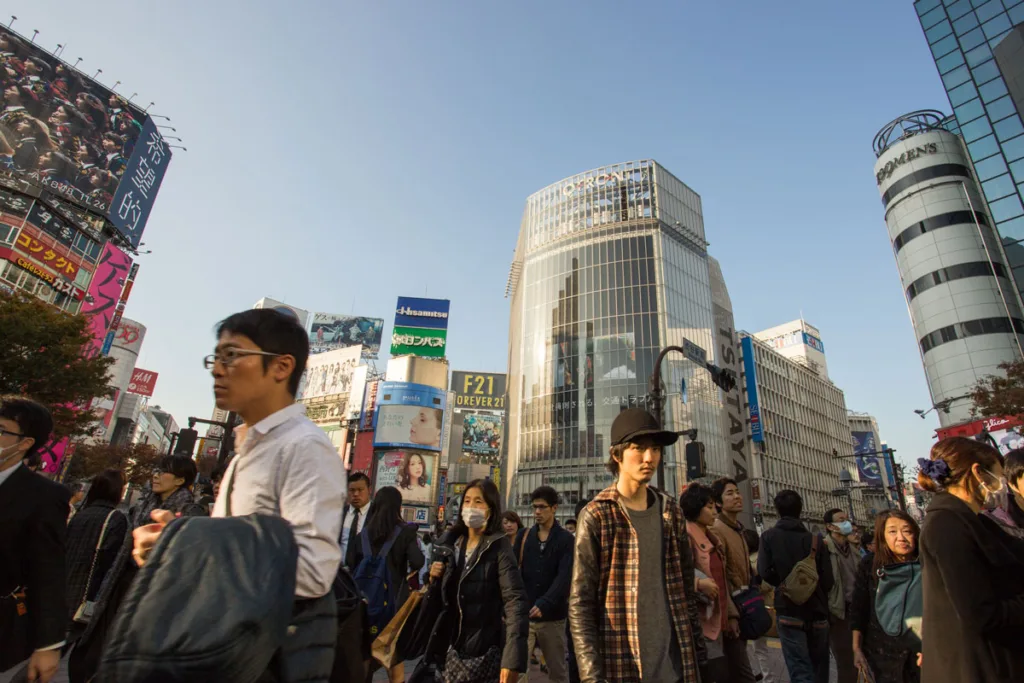
Myth 5: Japan is not a good destination for solo travelers
Another common among myths about Japan is that travelers worry that Japan may not be a good destination for solo travelers, particularly those who may be concerned about safety or feel uncomfortable exploring a foreign country alone. However, Japan is actually a very safe country. It has a very low crime rate and a culture that places a high value on respect and politeness. This makes it a great destination for solo travelers, who can feel comfortable exploring the country on their own.
There are also many solo-friendly activities in Japan. From wandering through the bustling streets of Tokyo to soaking in a hot spring in the countryside. Solo travelers may also want to consider staying in a capsule hotel. It offers an affordable and unique accommodation option that is often designed with solo travelers in mind. Alternatively, joining a group tour can be a great way to meet other travelers. By taking advantage of these solo-friendly options, travelers can enjoy a safe and rewarding trip to Japan on their own.
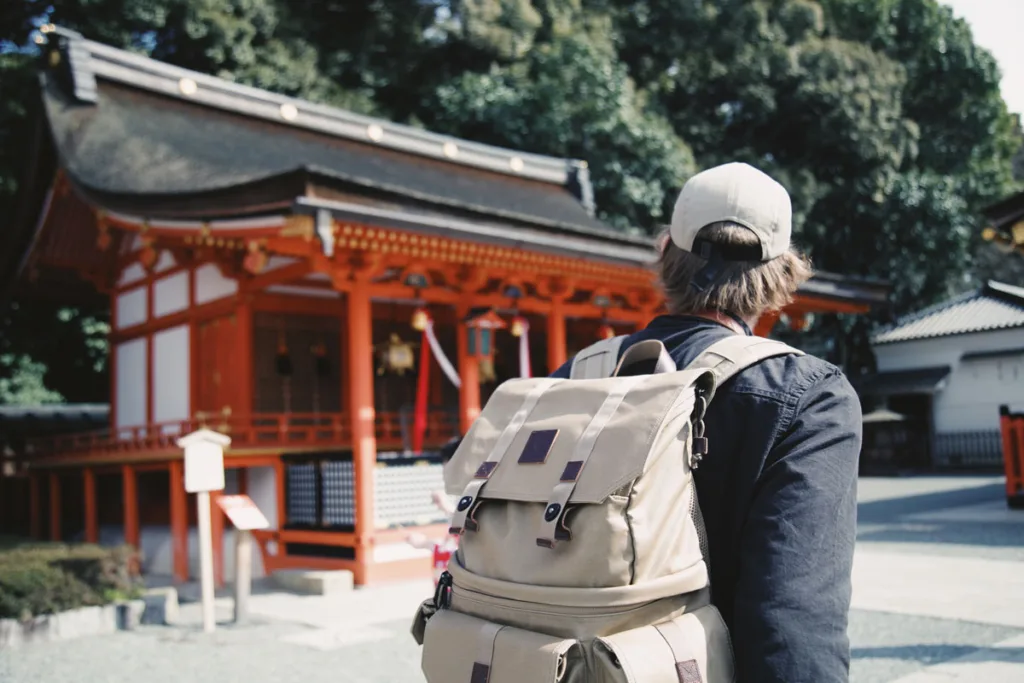
Myth 6: Japanese people are shy and unfriendly
It’s a common stereotype that Japanese people are shy and unfriendly, but this is not necessarily true. Another among myths about Japan we want to debunk today. Like any culture, there are a variety of personalities and communication styles among the Japanese people. It’s important to keep in mind that Japanese culture places a strong emphasis on the concept of tatemae. It refers to the public face that people present to the world. And honne, which refers to their true feelings and opinions. This means that some Japanese people may appear reserved or distant in public. But this is often just a reflection of their cultural values.
When interacting with locals in Japan, it’s important to show respect for cultural customs and. And also take the time to learn basic Japanese phrases. Even if your Japanese language skills are low. A few simple greetings and expressions of gratitude can go a long way in building rapport with locals. It’s also important to be aware of cultural customs. Such as removing your shoes before entering a home or temple and bowing as a sign of respect. By being mindful of these customs and showing a genuine interest in Japanese culture, you can have a more positive and meaningful interaction with locals.
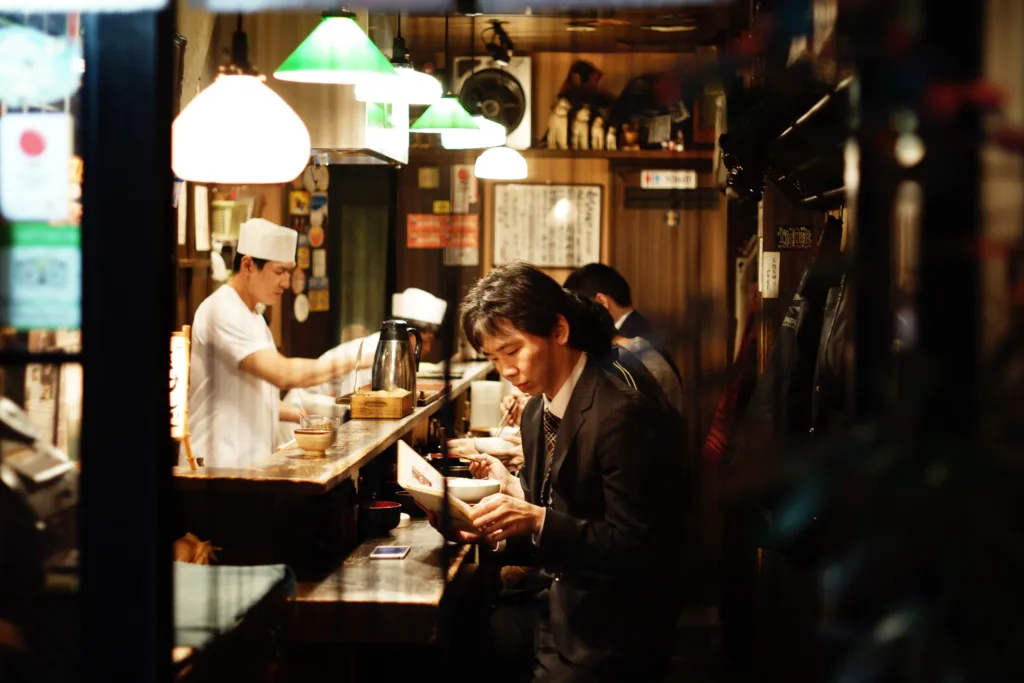
Myth 7: Japan is all about technology and modernity
Japan has a well-deserved reputation for innovation and technology. And many travelers are eager to experience the latest gadgets and futuristic attractions. However, it’s important to remember that Japan has a rich cultural heritage that extends back centuries. Traditional aspects of Japanese culture, such as tea ceremonies, kabuki theater, and samurai history, are still very much alive. They can offer a unique and enriching travel experience.
While it’s true that Japan is home to some of the most cutting-edge technology in the world, travelers should also take the time to explore the country’s traditional side. This might involve visiting a historic temple or shrine, attending a traditional tea ceremony, or watching a performance of kabuki theater. By embracing both the modern and traditional aspects of Japan, travelers can gain a deeper appreciation for this multifaceted and fascinating country.

Myth 8: Japan is a small country that you can easily explore in a short time
Japan may seem small on a map. But it’s actually a country with diverse regions and attractions that can take a long time to fully explore. From the bustling metropolis of Tokyo to the snowy peaks of Hokkaido to the tropical islands of Okinawa. There is a wide variety of experiences across Japan. Travelers who try to see everything in a short amount of time are likely to miss out on the unique charms of each region.
Instead, focus on one or two regions to explore in depth. This allows travelers to fully immerse themselves in the culture and attractions of that area. Rather than rushing from place to place. For example, a traveler might choose to spend a week exploring the historic temples and gardens of Kyoto, followed by a week hiking and hot spring hopping in the Japanese Alps. By taking the time to truly appreciate each region, travelers can have a more meaningful and memorable experience in Japan.
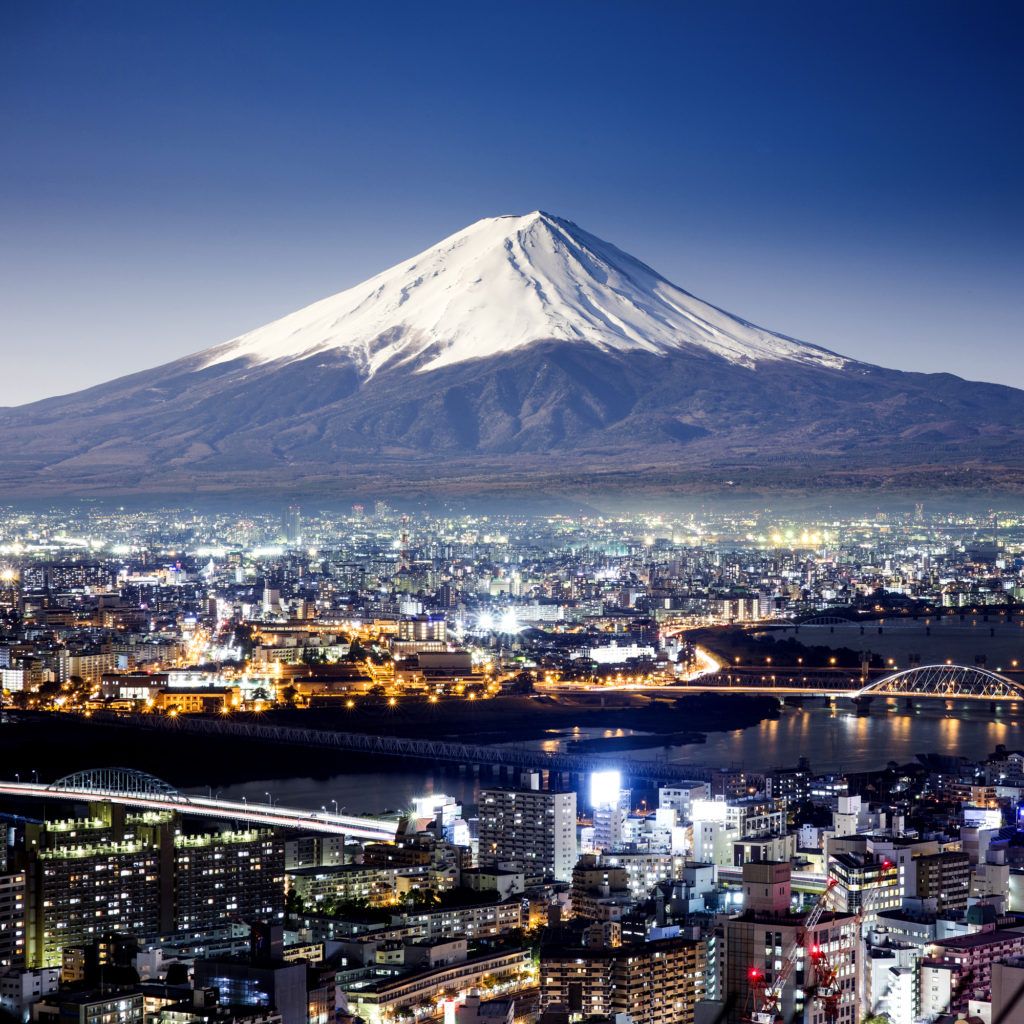
Understand more about Japan
Reading books about Japan can be an excellent way to prepare for a trip to the country. As well as deepen your understanding of its culture and history.
Our top most interesting book recommendations for understanding Japan
- The Chrysanthemum and the Sword by Ruth Benedict. This influential book explores the cultural differences between Japan and the West. With a particular focus on the ways in which Japanese culture has been shaped by its history and traditions. It’s a thought-provoking and insightful work that remains relevant today.
- A Geek in Japan by Héctor García. This travel guide offers a unique perspective on Japan, with a focus on the country’s pop culture, technology, and subcultures. It’s perfect for anyone who wants to explore the quirky and offbeat side of Japan.
- Zen and the Art of Archery by Eugen Herrigel. This classic work explores the practice of Zen through the lens of archery. The author, a German philosopher, spent six years studying archery in Japan. He offers a unique perspective on the intersection of Zen, art, and martial arts.
- The Book of Tea by Kakuzo Okakura. This classic work explores the philosophy and aesthetics of the Japanese tea ceremony. As well as the broader cultural and historical context in which it developed. It’s a short but insightful read that offers a unique perspective on Japanese culture.
- The Japanese Mind: Understanding Contemporary Japanese Culture by Roger J. Davies and Osamu Ikeno: This book offers insights into the values, customs, and social norms that underpin Japanese culture. It covers a wide range of topics, from communication styles to business practices to family relationships.
- Memoirs of a Geisha by Arthur Golden. This popular novel is set in pre-World War II Japan and follows the life of a young girl who becomes a geisha. While it’s a work of fiction, it offers a vivid portrayal of Japanese culture and society at that time.
- Norwegian Wood by Haruki Murakami: This novel is a coming-of-age story set in Tokyo in the 1960s. While it’s a work of fiction, it provides a detailed and atmospheric portrait of the city and its culture.


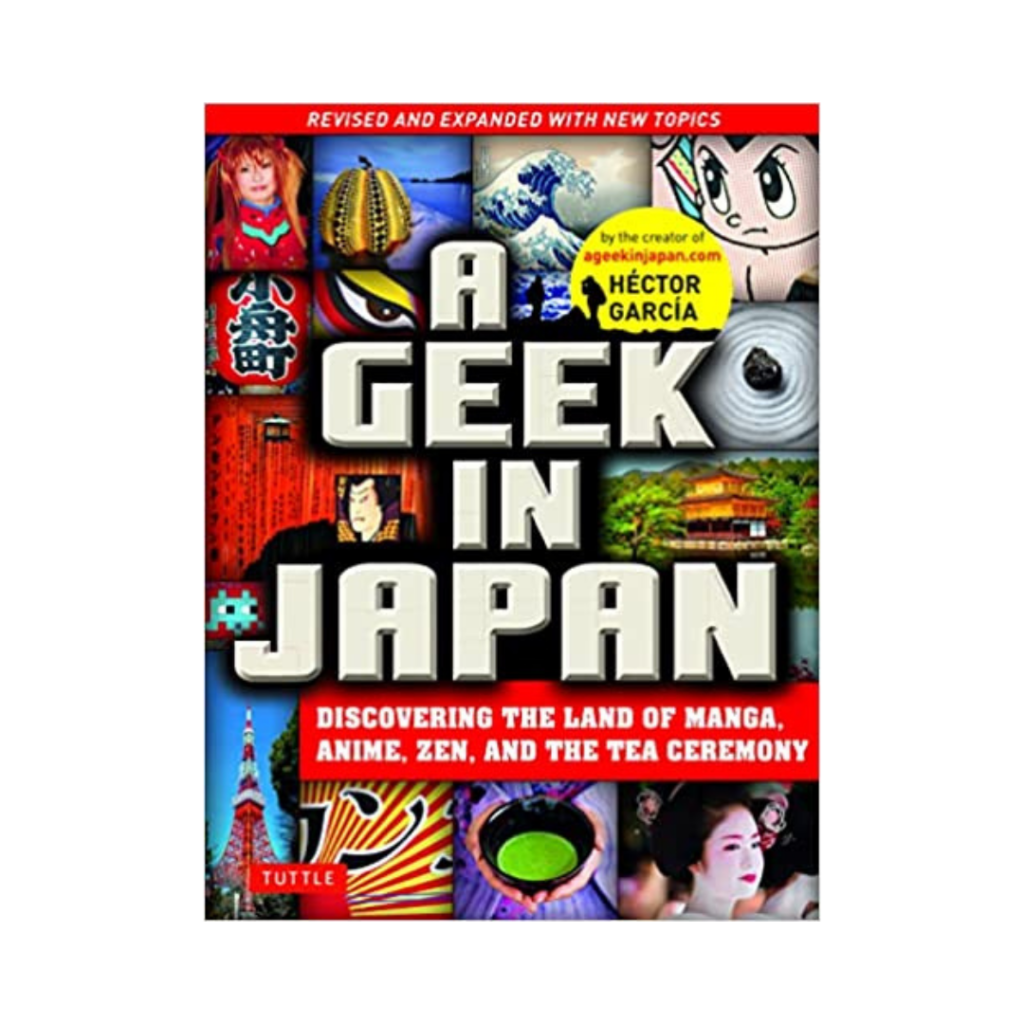
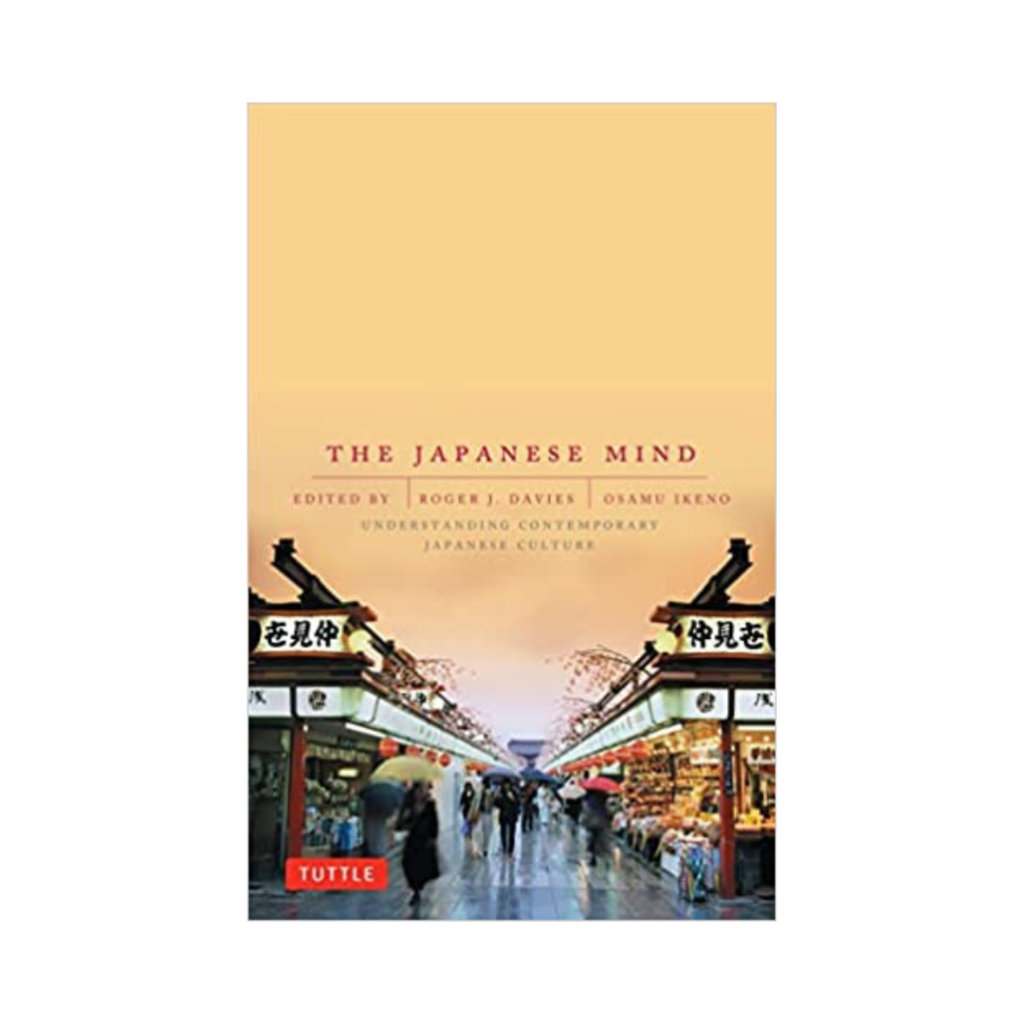
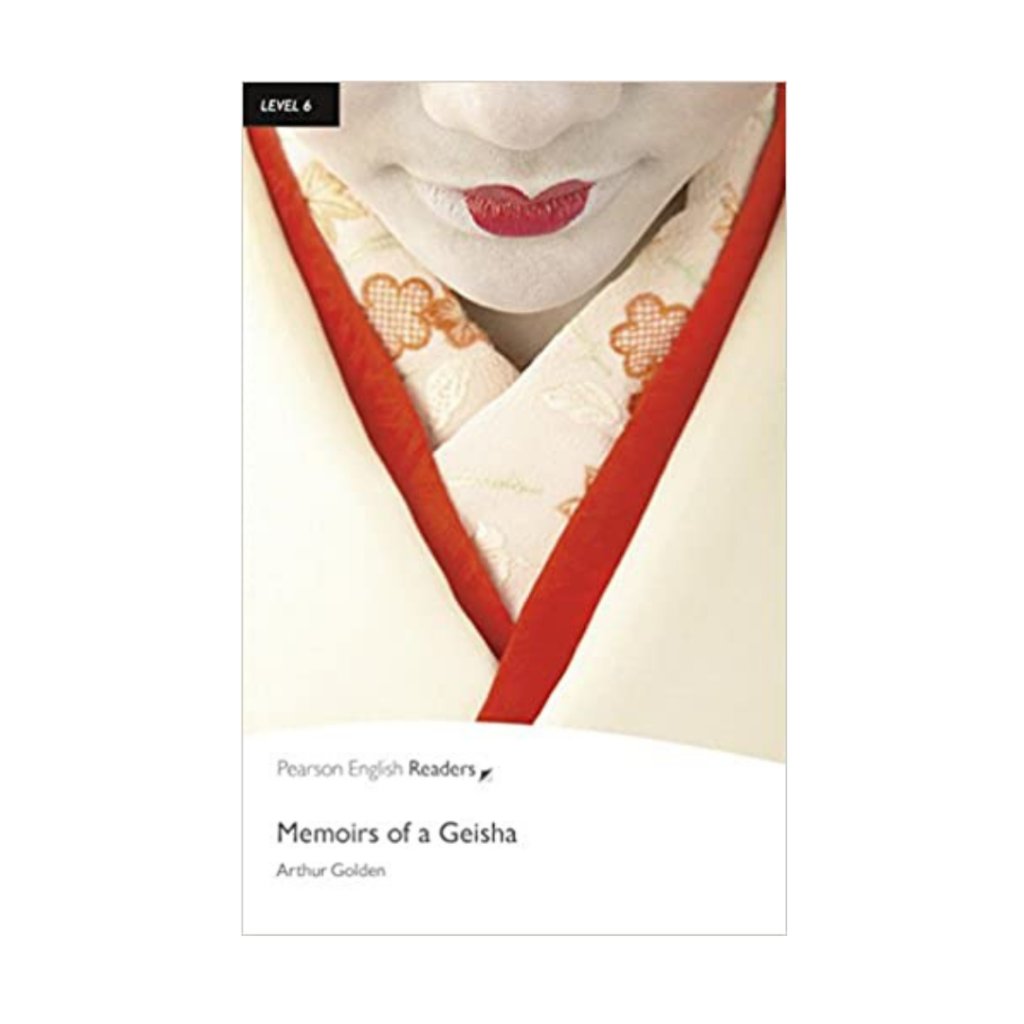

Start planning your trip to Japan today and discover the wonders of this unique country
Japan is a country full of wonder and excitement, but it is also shrouded in myths about Japan that can prevent travelers from fully experiencing all that it has to offer. By debunking these myths about Japan and gaining a better understanding of Japanese culture, language, and customs, you can approach your trip with confidence and curiosity. Remember, Japan is a country that rewards those who are willing to step outside of their comfort zone and embrace the unknown. So don’t let myths about Japan hold you back, and start planning your adventure today!

